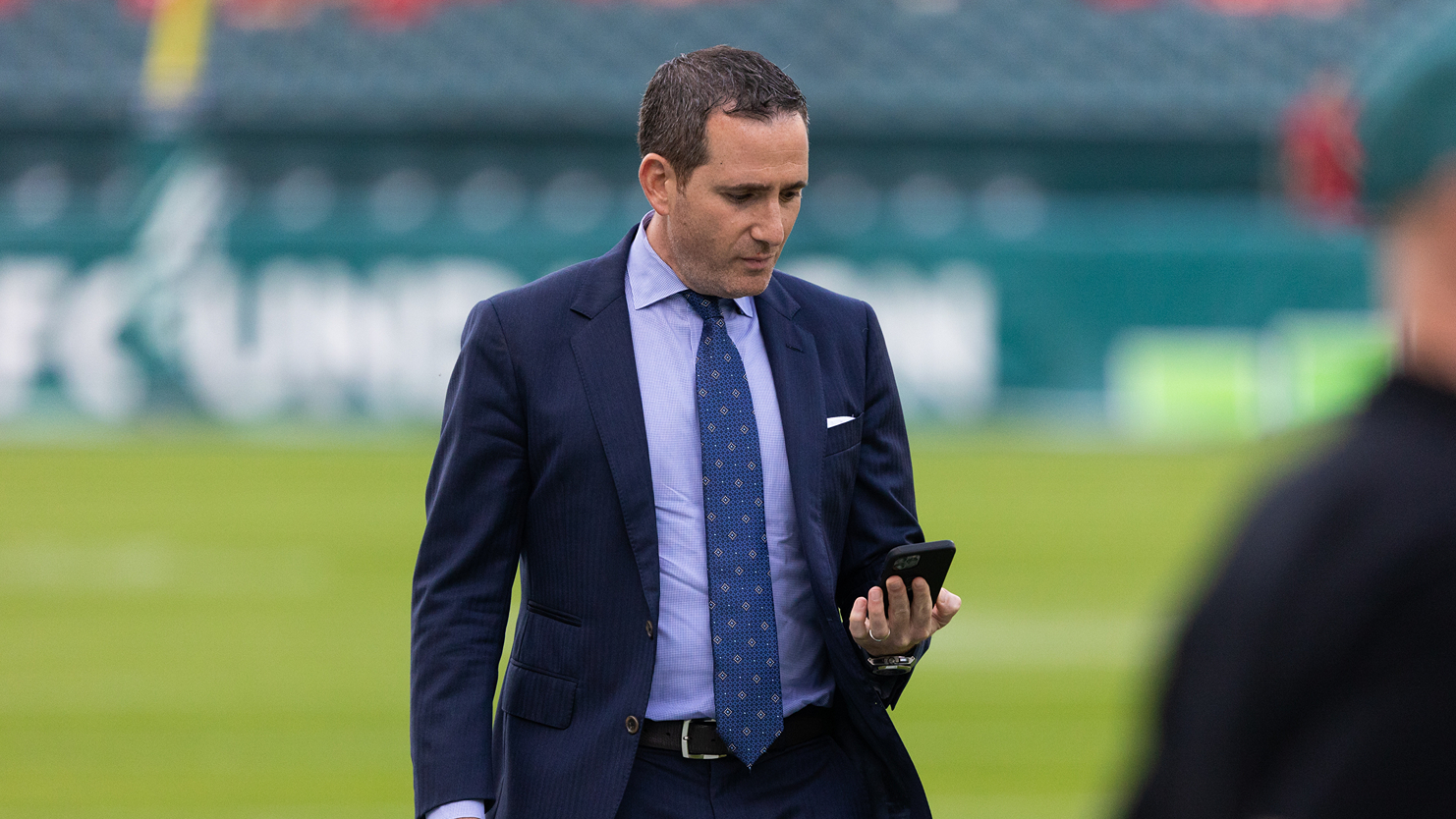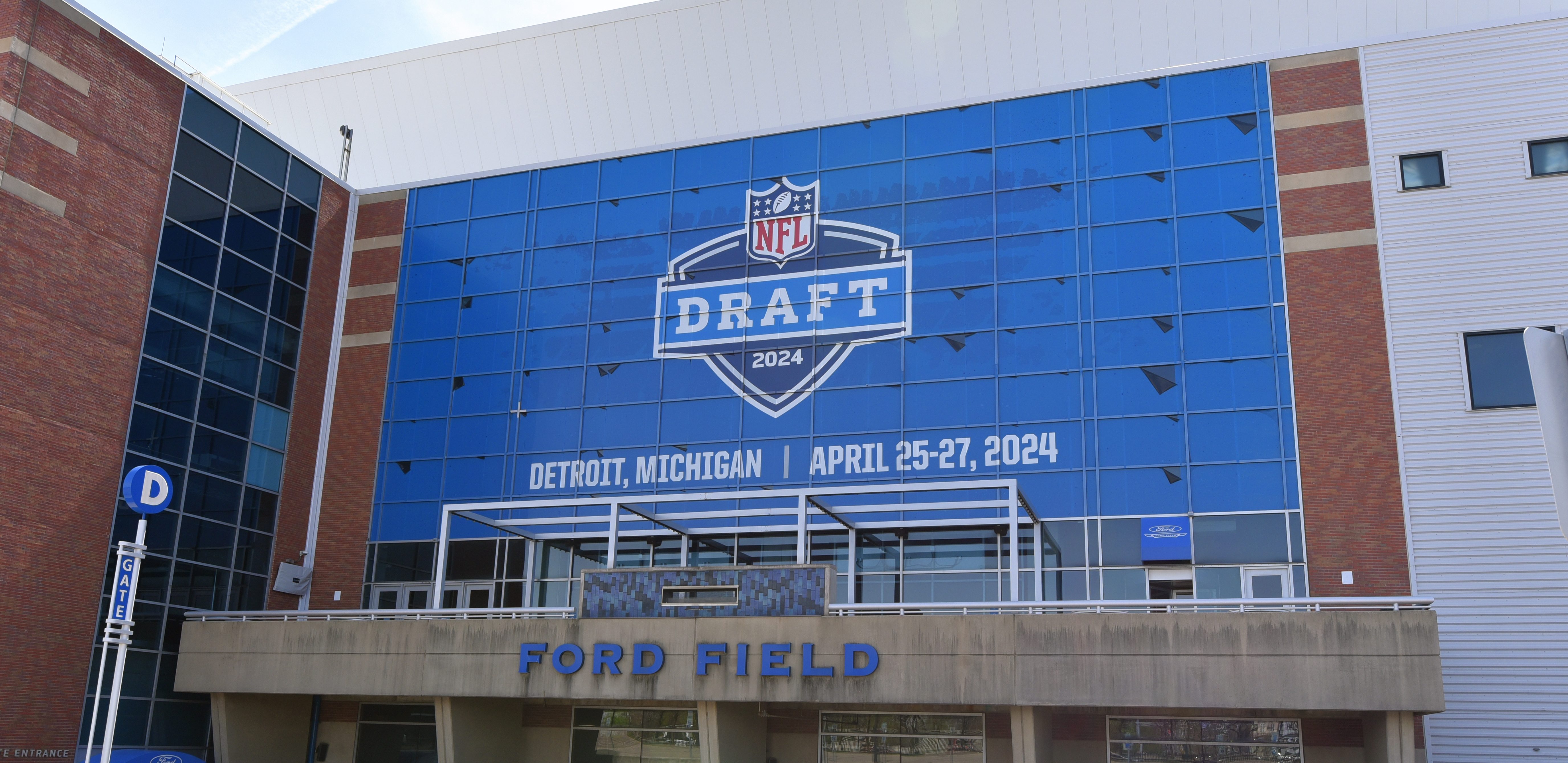
It's Feb. 16 and that means the Eagles can officially apply the franchise tag to quarterback Sam Bradford if they so choose. They have two weeks to make that decision, with the deadline coming March 1.
Every team can use the franchise tag on one player per offseason, but it just rarely happens these days because of the price tags associated with certain positions. That price is the average of the Top 5 salaries for the specific player's position.
So, in Bradford's case, that number would be between $18.5 million and $19.75 million, according to calculations done by multiple outlets. The number is so high because quarterback is the highest-paid position. The next-most expensive tag will likely be more than $4 million less, for defensive ends (hello Von Miller).
There are two types of franchise tags: exclusive and non-exclusive. Exclusive is self-explanatory — only the team that tags the player can negotiate with him.
The non-exclusive tag allows the player to negotiate with other teams, but if another team signs said player to an offer sheet, the original team can either match the offer or let the player go. If the player goes, the original team is rewarded with two first-round picks from the other team. (Those first-round picks have to be the possession of that specific team; a team can't give up picks it has acquired via trade.)
If the Eagles were to tag Bradford, it would obviously make sense to use the non-exclusive tag because of the potential reward of two first-round picks. But in looking back at years and years of franchise tags, I haven't found a single instance of that exchange ever actually occurring.
(UPDATE: It appears to have occurred just once in NFL history, with former defensive tackle Sean Gilbert in 1998, as pointed out in the comments section below.)
NFL
Last season, only five players across the NFL were tagged: Dez Bryant, Demaryius Thomas, Justin Houston, Jason Pierre-Paul and Stephen Gostkowski. It works as a placeholder sometimes while a team continues to negotiate a long-term deal. Bryant and Thomas both ended up eventually signing five-year, $70 million deals. Houston signed a six-year pact with the Chiefs. For the Patriots, tagging Gostkowski was a smart move because kickers aren't paid much relative to other postions and Gostkowski is the best in the NFL.
Five players, not a lot. The year before, only four players were given the franchise tag.
The Eagles don't use the tag all that often. They've given it to only two players in the last seven seasons: Michael Vick in 2011 and DeSean Jackson in 2012. Both ended up signing long-term deals.
Two other famous cases involving the Eagles and the franchise tag were with Jeremiah Trotter and Corey Simon. The Eagles tagged Trotter, who became disgruntled about not getting a long-term deal and was eventually released, only to return a few years later after an unsuccessful stint with the Redskins.
With Simon, the tag was rescinded by the Eagles and he moved on to the Colts.
Tagging Bradford would be a way for the Eagles to buy some time, continue to evaluate the QB market and draft class and perhaps even work out a trade with another team. It would be expensive for the 2016 season, but it would also be expensive to sign Bradford to a long-term deal after one up-and-down season in a system the team will no longer be running.


